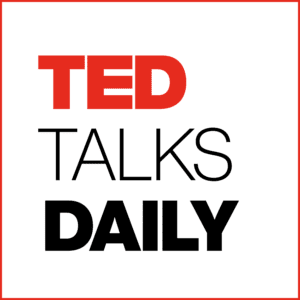
In this episode of Radiolab, titled “Funky Hand Jive,” host Robert Crowwich shares a personal story of shaking President John F. Kennedy’s hand when he was 14. This experience sparked his curiosity about the bacteria on our skin and how they can be used to solve crimes and detect diseases. Robert conducts an experiment to analyze his skin microbes before and after a handshake, exploring the unique nature of each person’s microbiome and the potential applications of microbiome detection.
In this episode, Robert Crowwich shares his personal experience of shaking President John F. Kennedy’s hand as a teenager. This encounter sparked his interest in the bacteria on our skin and their potential applications. Robert conducts an experiment to analyze his skin microbes before and after a handshake, highlighting the uniqueness of each person’s microbiome and the influence of the mother in shaping it. The moment of birth serves as a baby’s bacterial baptism, exposing them to the mother’s vaginal bacteria and establishing a lifelong microbial fingerprint. Microbiome detection has numerous applications, including forensics, predicting outbreaks, and personalized medicine. However, this field is still in its early stages of development.
Microbiome detection is a fascinating and emerging field of science. By analyzing the DNA of bacteria, scientists can identify unique strains and use them for various purposes. The experiment conducted by Robert reveals the exchange of microbes during a handshake, showcasing the individuality of each person’s microbiome. Furthermore, the role of the mother in shaping the microbiome is explored, emphasizing the significance of early bacterial exposure. The potential applications of microbiome detection range from forensics, where it can help identify individuals present in a room, to predicting outbreaks by analyzing bacteria in a town’s sewer system. Additionally, the microbiome inside a person can influence their response to drugs, paving the way for personalized medicine. However, it is important to note that microbiome detection is still a developing science, with much more to discover.
The “Funky Hand Jive” episode of Radiolab delves into the intriguing world of skin microbes and their potential applications. Through personal experiences and scientific analysis, the unique nature of each person’s microbiome is highlighted. From the influence of the mother during fetal development to the exchange of microbes during handshakes, the complexity and individuality of our microbial fingerprints are unveiled. As microbiome detection continues to evolve, it holds promise in fields such as forensics, disease detection, and personalized medicine. The episode leaves us with a sense of wonder and curiosity about the hidden world of bacteria that resides on our skin.